Censuses from the 1950s have not included ethnicity and it is difficult to quantify Afro-Puerto Ricans as a percentage of the population. Estimates range from 22 per cent to 65 per cent. Afro-Puerto Ricans were among the first non-indigenous people to arrive on the shores of Puerto Rico and can therefore look back to a more that 500-year presence however long enduring prejudices still affect their lives.
An understanding of how the Afro-Puerto Rican presence is perceived can be gathered from the treatment meted out to illegal Dominican migrants. Puerto Ricans tend to represent Dominicans as being darker-skinned than themselves, and emphasize their African influenced facial features and hair texture. In Puerto Rico Dominicans often experience the intense stigmatization, stereotyping, prejudice, discrimination, and exclusion to which all people of African origin are subjected in that country….read more…Source: https://minorityrights.org/minorities/afro-puerto-ricans/
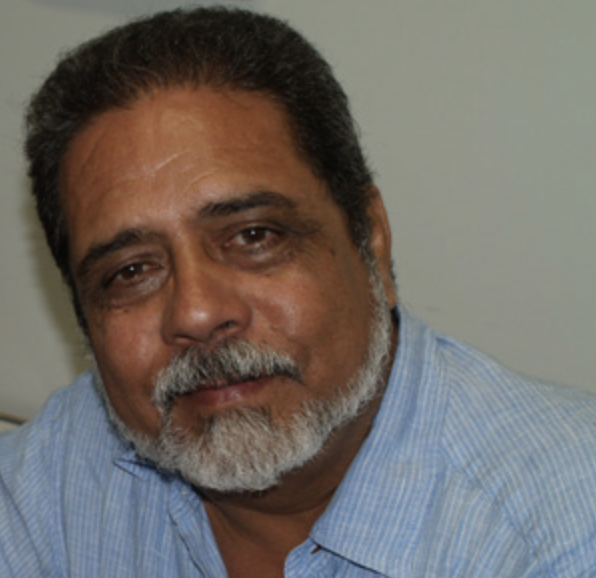
Carmelo Sobrino—Painter, educator: The culture Carmelo Sobrino sees as central to Puerto Rico’s collective history is African culture. Carmelo shares, “Afro Antillean culture is involved in one of the biggest elements of culture–music–that dictates the rhythm and movement of a people…here [in Puerto Rico] all cultural manifestations permeate with our black roots…Blacks here left a cultural legacy in our genes and in our lives…in music itself. Salsa, and all those Afro-Antillean rhythms are a product of black culture…great important figures like Campeche, who is the greatest painter our country has produced and during his time was the greatest painter in all of America…maestro Cordero…we are a country with a great black influence…and even more than influence with a being. Read more…
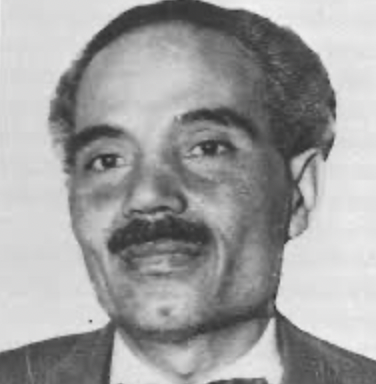
Pedro Albizu Campos: Born Sept. 12, 1891 in Ponce, Puerto Rico to parents of Spanish, African and Taino ancestry, Pedro Albizu Campos is mostly known for his leadership in the Puerto Rican Independence Movement with his involvement in the Nationalist Party of Puerto Rico….read more…
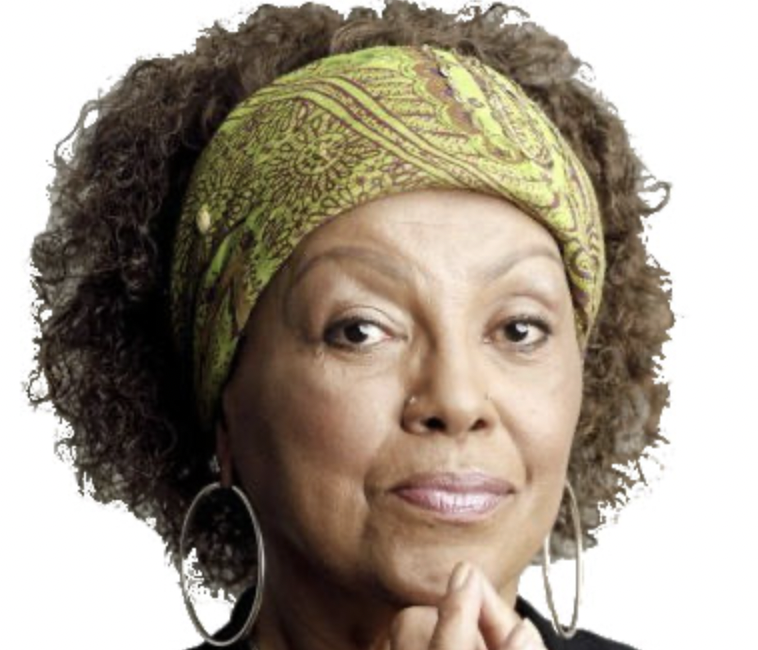
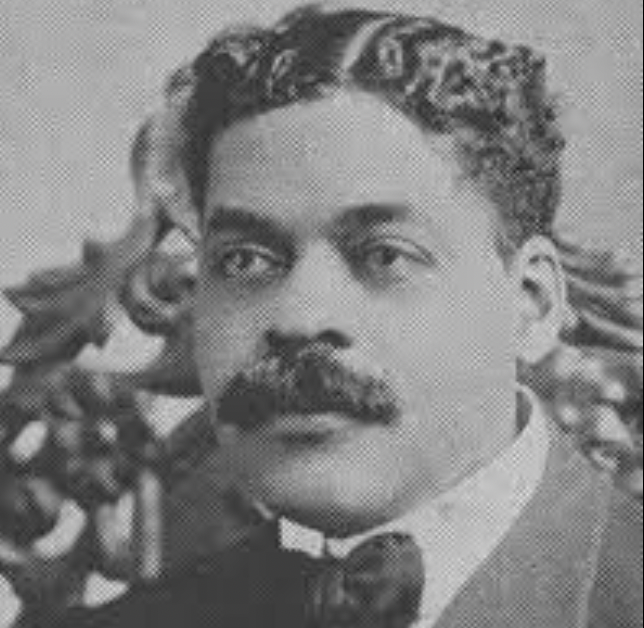
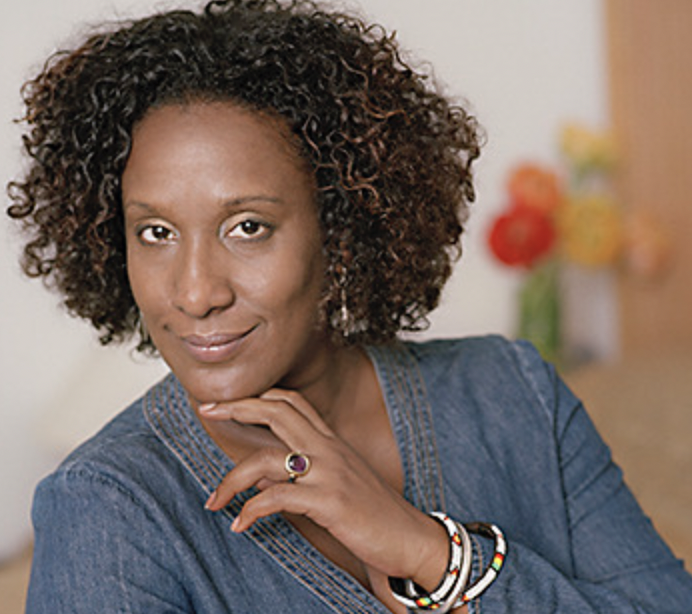
Mayra Santos Febres—Author: Though her work is vast (she has published over 10 books in the past 25 years), she is best known for her very first novel Sirena Selena vestida de pena, or Sirena Selena in English, and Nuestra Señora de la Noche. As if that wasn’t enough, she is also the Executive Director of the Festival de la Palabra. Santos Febres, who self-identifies as Afro-Boricua, shared her thoughts about black culture in Puerto Rico and about the Puerto Rican Day Parade honor with Centro, “Being Puerto Rican is, in itself, being afro-boricua…read more…
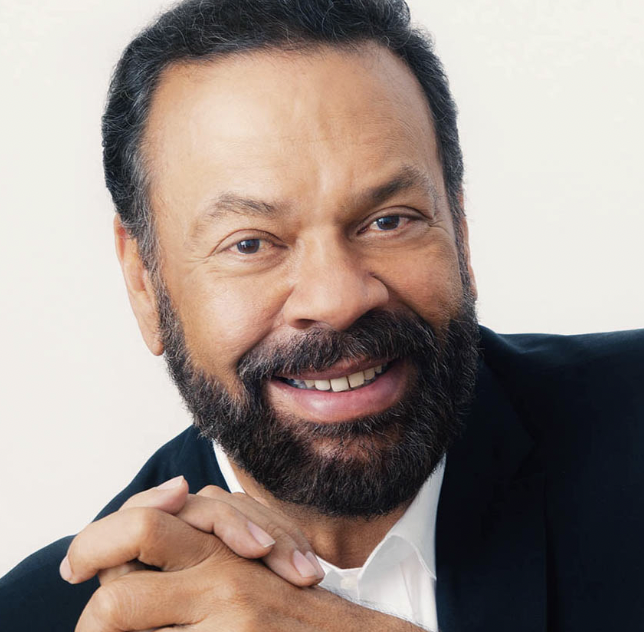
Cucco Peña—Musician, Composer and Arranger: Known as one of the best arrangers of Puerto Rican Music not only in the eyes of Puerto Ricans but of the world, Angel “Cucco” Peña was born in Santurce Puerto Rico to a family of musicians. In fact, he is the third generation in a family whose name is synonymous with popular music in Puerto Rico…read more… https://centropr-archive.hunter.cuny.edu/centrovoices/current-affairs/honoring-afro-puerto-ricans-pr-day-parade-edition
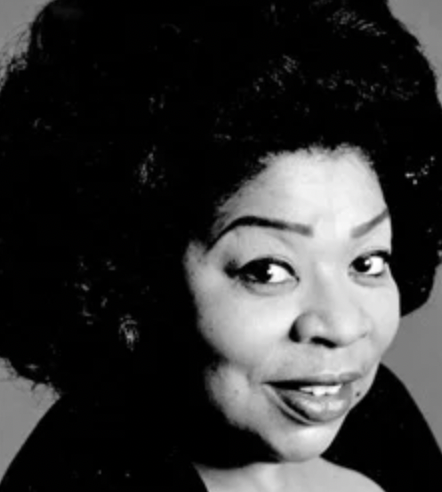
Martina Arroyo—Opera Singer: One of the most glorious voices in the world, said the New York Times once, belong to this operatic soprano of Puerto Rican descent. Born in New York to a Puerto Rican father and an African American mother, Martina grew up in Harlem. Similar intersections converge when Arroyo speaks of her identity. Asked how she defines herself upon earning the coveted Kennedy Center Honors in 2013, the Washington Post reported, “Her name and part of her heritage are Hispanic, but Arroyo has never particularly self-identified as such. ‘I am what you see,’ she says: ‘a black woman…read more…
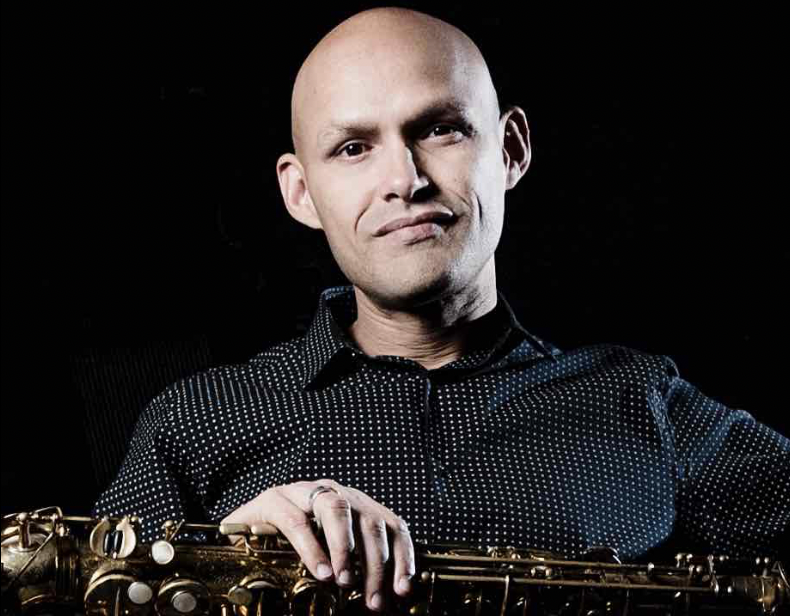
Miguel Zenón—Jazz Musician and Composer: Fresh from his recent performance of “Identities are Changeable: Tales from the Diaspora” at the Hostos Center for the Arts & Culture, alto sax player, Miguel Zenón commands our attention once again as one of the parades honorees. through exploring the issue of Afro-Puerto Ricannes. One song in particular, “Same fight” explores the intersections and commonalities of Puerto Ricans and African Americans in New York. Speaking about this particular song to Centro’s staff, Zenón provides insights about Afro-Boricuas more generally, “I’ve been curious about the natural attraction between the Puerto Rican community and the African American community”…read more…
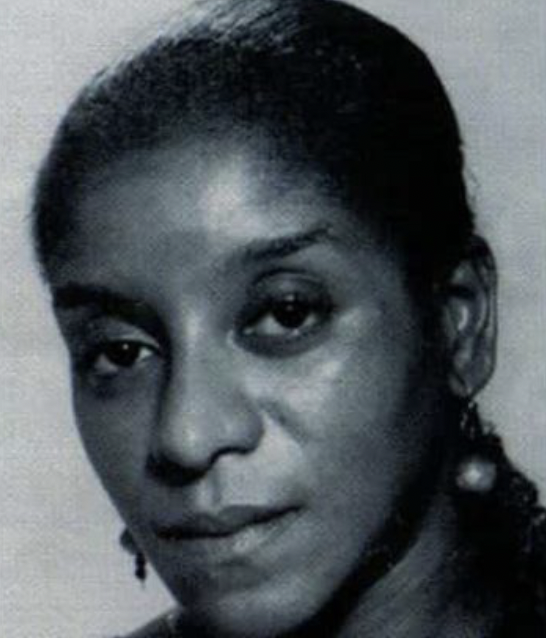
Sylvia del Villard—Choreographer, Actress and Activist: Sylvia del Villard, one of the staunchest defender of Afro-Puerto Rican culture in Puerto Rico and the United States, was born a year before the Stock Market Crash and amidst growing economic woes in Puerto Rico…read more…